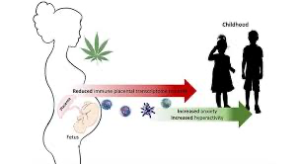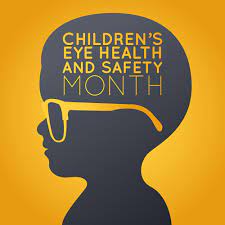
Cannabis and Fetal Growth Restrictions: A Medical Perspective
Pregnancy is a miraculous journey marked by careful choices and considerations, but the impact of cannabis use during this time is a topic of growing concern. Understanding the effects of cannabis on fetal growth is essential for expectant mothers to make informed decisions for the health of their baby. Let’s explore the latest research and insights into this important issue.

Bringing new life into the world is a profound and transformative experience. Expectant mothers take every precaution to ensure the healthy development of their unborn child. However, in recent years, concerns have been raised about the potential effects of cannabis use during pregnancy on fetal growth.
The Link Between Cannabis Use and Fetal Growth:
Numerous studies have shown a clear association between cannabis use during pregnancy and adverse effects on fetal growth. One such study published in the Journal of the American Medical Association found that women who used cannabis during pregnancy were more likely to deliver babies with low birth weight compared to non-users. Another study conducted by the National Institute on Drug Abuse revealed that prenatal cannabis exposure was linked to a higher risk of preterm birth.

How Cannabis Affects Fetal Development:
Cannabis contains a complex mixture of compounds, the most well-known being delta-9-tetrahydrocannabinol (THC). When a pregnant woman consumes cannabis, THC can cross the placental barrier and reach the developing fetus. THC has been shown to interfere with the normal functioning of the endocannabinoid system, which plays a vital role in regulating various physiological processes in the body, including fetal growth.
THC’s interaction with the endocannabinoid system can disrupt the intricate balance necessary for proper fetal development. It can impact the placental blood flow, impair nutrient and oxygen delivery to the fetus, and disrupt the formation of neural connections. These disruptions may contribute to restricted fetal growth and increase the risk of complications during pregnancy and childbirth.
Given the potential risks associated with cannabis use during pregnancy, it is crucial for expectant mothers to make informed choices. However, it’s important to note that the research on this topic is still evolving, and there are several confounding factors that can influence fetal growth. Additionally, regulations and policies regarding cannabis use vary across different jurisdictions.

If you are pregnant or planning to become pregnant, here are some key points to consider:
1. Seek professional advice: Consult with your healthcare provider for personalized guidance and support. They can provide the most up-to-date information based on your individual circumstances.
2. Be open and honest: Share your cannabis use history with your healthcare provider to ensure they have a complete picture of your health. This will enable them to offer appropriate advice and support.
3. Explore alternative options: If you are using cannabis for medical purposes, discuss alternative treatment options with your healthcare provider that are safe for pregnancy.
4. Focus on overall well-being: Prioritize a healthy lifestyle by maintaining a balanced diet, engaging in regular exercise, managing stress levels, and avoiding other substances that are known to be harmful during pregnancy.

In conclusion, pregnancy is a time of immense responsibility, and the choices expectant mothers make can have a lasting impact on the health and well-being of their child. While the research on cannabis use during pregnancy and its effects on fetal growth is still evolving, current evidence suggests a significant association between cannabis use and adverse outcomes. Making informed choices based on expert advice is crucial to ensure the best possible start for your baby. Prioritize your health, seek guidance from healthcare professionals, and create a nurturing environment that promotes the optimal growth and development of your little one.
Disclaimer: The information provided in this content is for general informational purposes only. It is not intended as medical or healthcare advice, diagnosis, or treatment. Always seek the advice of a qualified healthcare professional with any questions you may have regarding a medical condition or healthcare decisions.
















